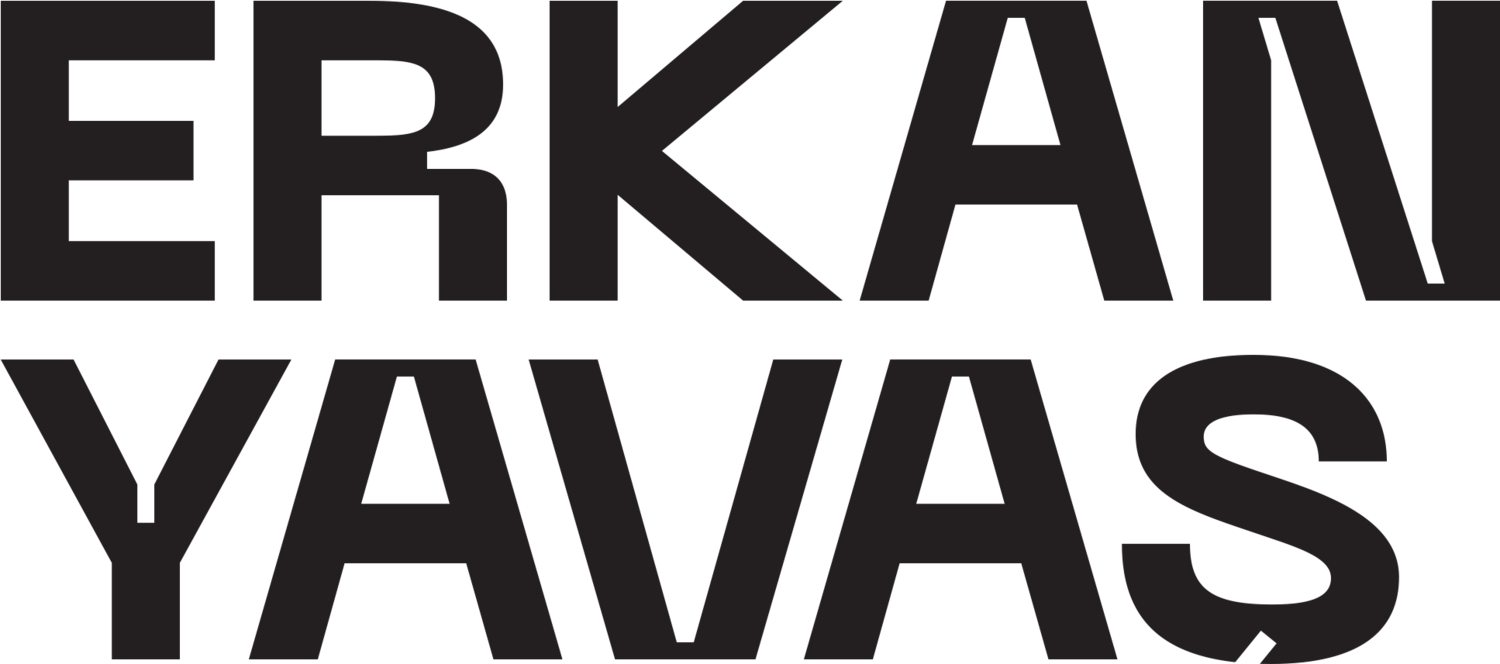The Evolution of Disco and Disco House: From the Dance Floors of the 70s to Today
Disco music, with its infectious rhythms and captivating melodies, has been a dominant force in the world of dance music since the 1970s. While it saw a decline in the early 1980s, its influence never truly disappeared. Instead, it evolved into new forms, including the genre we know today as disco house. Let’s take a journey through the history of disco and disco house, exploring how these genres began, transformed, and continue to thrive in today’s music scene.
The Origins of Disco: A Revolution in Dance Music
Disco emerged in the early 1970s as a response to the growing need for dance music that was both energetic and liberating. The genre has its roots in African American, Latino, and LGBTQ+ communities, particularly in New York City, where it quickly became the soundtrack for the nightlife scene. Early disco was characterized by a steady four-on-the-floor beat, syncopated bass lines, lush orchestration, and an emphasis on the groove, creating a sound that was irresistibly danceable.
Iconic artists like Donna Summer, Gloria Gaynor, Chic, and the Bee Gees propelled disco to mainstream success, with tracks like "I Feel Love," "I Will Survive," and "Stayin' Alive" becoming anthems of the era. Disco wasn’t just about the music; it was a cultural movement. It embodied the spirit of liberation, inclusivity, and joy, often serving as a haven for marginalized groups seeking freedom and expression on the dance floor.
The Disco Backlash and Its Resilience
Despite its initial popularity, disco faced significant backlash in the late 1970s, culminating in events like the infamous "Disco Demolition Night" in 1979, where thousands of disco records were destroyed in a display of anti-disco sentiment. Critics argued that disco was overly commercialized, and some of the backlash even had undertones of racism and homophobia, targeting the communities that had given birth to the genre.
However, even as the mainstream disco era waned, its influence persisted. Disco evolved and merged with other genres, paving the way for new musical styles. Elements of disco can be heard in early hip-hop, post-disco, and the burgeoning electronic music scene of the 1980s and 1990s.
The Rise of Disco House: A New Chapter
In the late 1980s and early 1990s, house music—a genre that emerged from Chicago’s underground dance scene—began to incorporate disco elements, leading to the birth of disco house. This new genre blended the classic grooves of disco with the repetitive beats and electronic sounds of house music, creating a fresh sound that appealed to both nostalgic disco lovers and new dance music fans.
Pioneering DJs and producers like Frankie Knuckles, Masters at Work, and Joey Negro (now known as Dave Lee) were instrumental in shaping the disco house sound. Tracks like "You Can't Hide From Your Bud" by DJ Sneak and "The Bomb! (These Sounds Fall into My Mind)" by The Bucketheads revived the infectious spirit of disco while introducing new production techniques and a modern sensibility.
Disco and Disco House Today: A Timeless Groove
Fast forward to today, and disco house remains a vibrant and influential genre in the global dance music scene. The resurgence of interest in disco, fueled by nostalgia and a desire for feel-good, uplifting music, has brought the genre back to the forefront. Contemporary artists like Daft Punk, Purple Disco Machine, and Dua Lipa have all drawn heavily from disco and disco house in their recent releases, proving that the genre’s appeal is as strong as ever.
In the modern era, disco and disco house are celebrated not just for their ability to make people dance but also for their rich cultural history and their message of inclusivity and joy. From underground clubs to mainstream festivals, the sound of disco continues to inspire new generations of music lovers and dancers.
The Future of Disco and Disco House
As we look to the future, it's clear that disco and disco house will continue to evolve, adapting to new trends and technologies while staying true to their roots. With the rise of digital music production and global connectivity, artists around the world are finding new ways to innovate within these genres, blending them with everything from funk and soul to techno and pop.
One thing is certain: as long as there are dance floors and people who love to move, the timeless groove of disco and disco house will live on. So put on your dancing shoes, turn up the volume, and let the music take you back to a time when the beat was king, and the dance floor was a place of freedom and joy.
Disco and disco house have come a long way since their inception, evolving from underground movements to mainstream phenomena and back again. Today, they continue to captivate audiences with their infectious beats and uplifting energy. Whether you're a longtime fan or a newcomer to these genres, there's no denying the enduring appeal of disco and disco house. So let's keep dancing and celebrate the music that has brought so much joy to the world!
